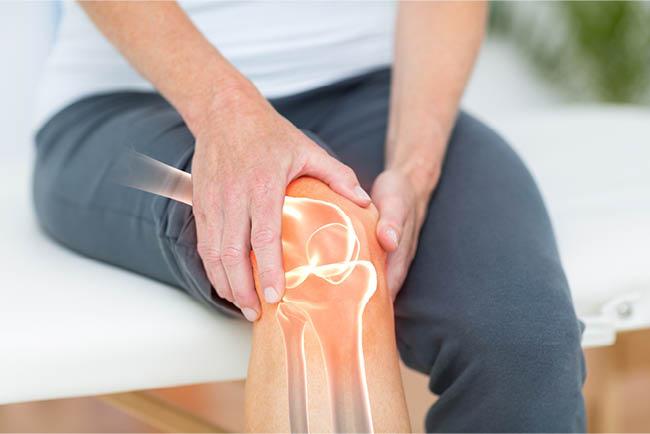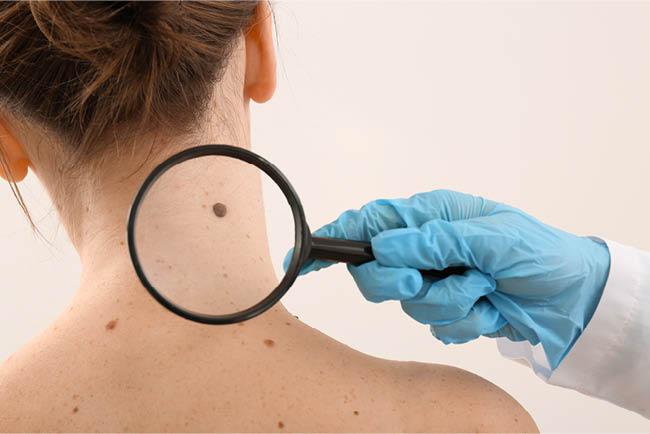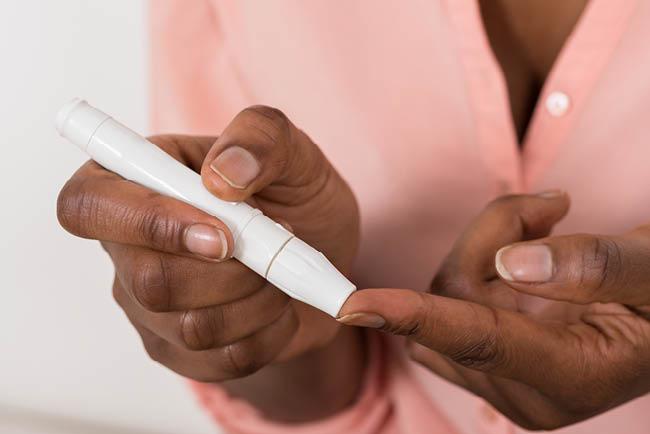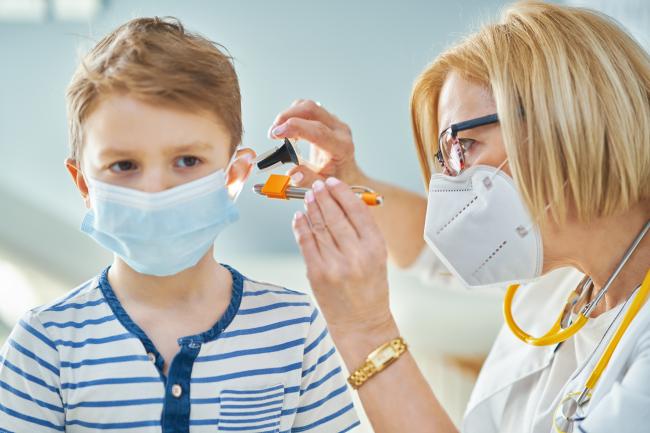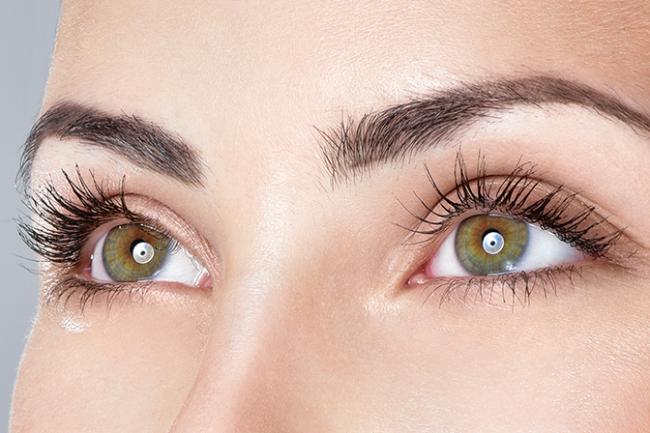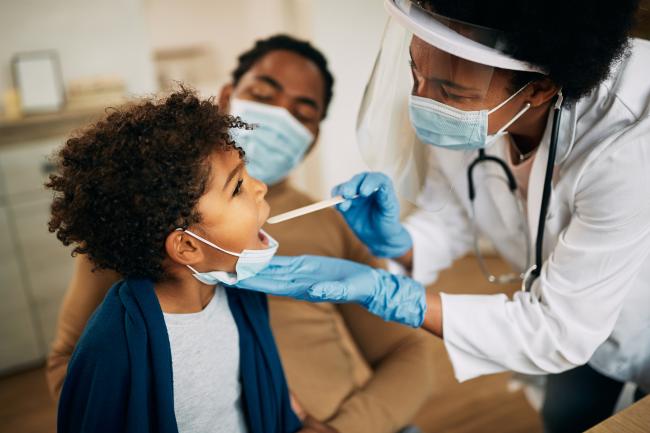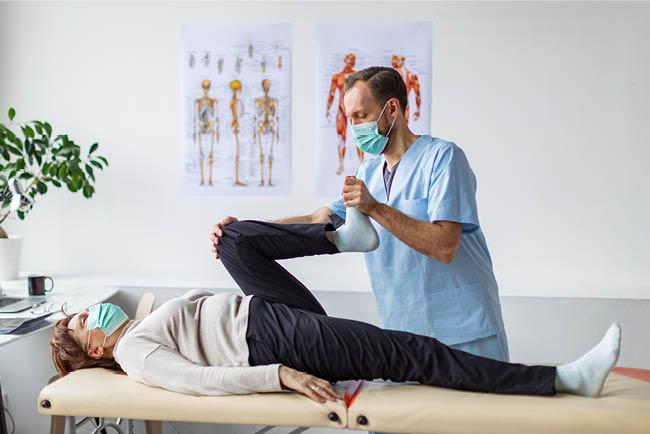Search Studies
Research studies are looking for volunteers just like you. Both healthy volunteers and participants with specific health conditions are needed to help answer important questions impacting the health of our friends and family. Join us to improve the health of others.
-
One-Year Study of Eye Shape in Young Adult Contact Lens Wearers
Official Title Longitudinal Changes in Eye Shape in Young Adults Treated with Low-Dose Atropine and Soft Multifocal Contact LensesPurpose
The purpose of this study is to understand how the myopia control treatments (multifocal contact lenses and low-dose atropine) affect the shape of the eye over one year.
Could this study be right for you?
- Nearsighted
- Current contact lens wearer
- No significant ocular disease
- Willingness to be randomized to one of three groups: no intervention, MiSight contact lenses (multifocal contact lenses, instead of current lenses), or daily low-dose atropine eyedrops
- Willingness to attend a study visit every three months for one year (5 total visits)
- Meet other study eligibility criteria
Age Range
21 - 30 years -
Mother-Child Shared Reading
Official Title Mother-Child Shared ReadingPurpose
The purpose of this study is to examine whether children's characteristics are related to the ways that parents read to children and the questions they ask during storytelling. Mothers will read and record a short story with their child (and submit) and complete an online survey. All research activities will occur online and in your own time.
Could this study be right for you?
- Mothers (biological or adoptive) and their 4- to 5-year-olds.
- Children must not have a developmental disability,
- Have normal hearing and vision
- Speak English with mothers at home.
Participation is limited to one child per household and to families residing in and completing the study in the United States though participation can occur from anywhere in the United States. We are currently recruiting only Black and White families for this study.
Age Range
4 - 5 years -
Bisexual Health and Relationships Project
Official Title Bisexual Health and Relationships ProjectPurpose
The purpose of this study is to better understand the health behaviors and health outcomes for married bisexual people.
Could this study be right for you?
Our study examines the health of married Bi+ (defined as bisexual, pansexual, queer, etc.) people. We are interviewing both Bi+ individuals and their partners over Zoom. We are specifically looking to speak with:
- Bi+ men married to men
- Bi+ people of color of any gender
Age Range
35 - 65 years -
A Study for Veterans with Post-Traumatic Stress Disorder (PTSD)
Official Title Examining the safety and clinical efficacy of psilocybin therapy for Veterans with PTSD: An open label proof-of-concept trialPurpose
The study will demonstrate the safety and efficacy of psilocybin in treating post-traumatic stress disorder (PTSD) in veterans. Psilocybin-assisted therapy has shown great promise in treating anxiety symptoms that comprise post-traumatic stress disorder (PTSD). Current therapeutic treatments for PTSD are difficult to tolerate and limited in efficacy, especially in the US military veteran population. This study will examine the safety and efficacy of two psilocybin sessions, combined with psychotherapy, among military veterans with severe, treatment resistant PTSD.
Could this study be right for you?
Inclusion criteria:
- Be a United States military veteran
- 21 to 64 years old
- Have at least a high-school level of education or equivalent (e.g. GED)
- Current diagnosis of PTSD
- Be medically stable as determined by screening for medical problems via a personal interview, a medical questionnaire, a physical examination, an electrocardiogram (ECG), and routine medical blood and urinalysis laboratory tests
Exclusion criteria:
- Women who are pregnant
- Cardiovascular conditions: coronary artery disease, stroke, angina, uncontrolled hypertension, a clinically significant ECG abnormality (e.g., atrial fibrillation), artificial heart valve, or TIA in the past year
- High blood pressure
- History of seizures or epilepsy
Exclusion Criteria varies, please contact Study Coordinator.
Age Range
21 - 64 years -
Long-term Follow-up of Adults Who Experience an out of Hospital Cardiac Arrest
Official Title Patterns Of Survivors’ Recovery Trajectories in the ICECAP trial POST-ICECAPPurpose
The purpose of this study is to describe the physical, neuropsychological outcomes of adults who have experienced an outside of hospital cardiac arrest; and examine any associations between those outcomes and any clinical and/or rehabilitative interventions and/or social determinants of health.
Could this study be right for you?
- Experienced a coma after resuscitation from a cardiac arrest
- Received targeted/controlled body temperature management
- Survived to at least 1 month after experiencing a outside of hospital cardiac arrest
Age Range
18 years and up -
Eye Gaze Study
Official Title Disrupted eye gaze perception as a biobehavioral marker of social dysfunction: An RDoC investigationPurpose
This study seeks to understand social functioning across mental health conditions. Social dysfunction is very common in people with mental health conditions; it can negatively impact employment, independent living, and maintaining meaningful relationships. This research is being done to learn if a person's ability to process visual information (including distinguishing other people's eye gaze direction) is a clue to social functioning regardless of diagnosis. This research will identify clinical and brain characteristics in relation to social functioning.
Could this study be right for you?
Patients:
- Diagnosis of a schizophrenia-spectrum disorder or autism spectrum disorder
- Receiving treatment in a mental health or primary care setting
- Experience difficulty in social functioning
Health Volunteers:
- No history of past or current mental health disorder diagnosis
- Experience no difficulty in social functioning
Age Range
14 - 30 years -
A Study about How Essential Oil Inhalers and a Wearable TENS Unit Affect Nausea and Stress
Official Title AROMA-NT: Assessment of the Mechanisms of Action of Inhaled Essential Oils and Wearable TENS unit device on NauseaPurpose
The purpose of this research study is to understand how a combination of two aromatic inhalers containing a blend of essential oils and a wearable TENS unit affects nausea and stress in those suffering from chronic nausea and anxiety.
Could this study be right for you?
- Able to understand English
- Nausea going on for longer than 6 months
Age Range
18 - 80 years -
Booster Seat Features that Influence Pediatric Posture and Comfort During Extended Time Periods: On-Road Assessment
Official Title Booster Seat Features that Influence Pediatric Posture and Comfort During Extended Time Periods: On-Road AssessmentPurpose
This study will help identify how booster seats influence children’s comfort during car rides and their behaviors. Car seat footrests will also be used to see how children engage with them. Data will be collected during car rides in the caregiver’s personal vehicle.
Could this study be right for you?
Child is currently riding in a booster seat during travel in the car
Age Range
5 - 12 years -
Preschooler's Language Use and Media (PLUM) Study
Official Title Preschooler's Language Use and Media (PLUM) StudyPurpose
This study is designed to investigate media’s role in language development during early childhood. The goal of the proposed work is to examine the relation between the quantity of children’s media use and their language development trajectories, as well as how characteristics of media use (i.e., parent-child joint engagement, interactive media features, and educational content) predict growth in language over time.
Could this study be right for you?
- Children 3 to 3.5 years of age (36 to 42 months).
Age Range
36 - 42 months -
Project Limb Rescue: A pilot study evaluating the feasibility of transcutaneous sensors for the detection of cancer-related lymphedema.
Official Title Project Limb Rescue: A pilot study evaluating the feasibility of transcutaneous sensors for the detection of cancer-related lymphedemaPurpose
The goal of this study is to use new, adhesive-based sensors (pads that stick on your skin) to detect lymphedema, and to develop a way for patients to check for lymphedema at home.
This study will assist in distinguishing participants with lymphedema in comparison to participants without lymphedema at rest by using a combination of photoplethysmography (PPG) and bioimpedance (BI). Photoplethysmography is an optical technique that can be used to detect blood volume changes in tissue. Bioimpedance evaluates how tissue responds to an externally applied electrical current.
Could this study be right for you?
- History of cancer-related lymphedema, cancer in your arm, or the lymph nodes in the arm
- History of cancer therapy with surgery or radiation involving the axillary basin and upper arm that requires compression or pneumatic therapy
- Physically capable of performing a brief bike riding exercise for about seven minutes
- No metal implants
- Willingness to take off shoes and any metal jewelry
- Not currently pregnant
- Not currently incarcerated
Age Range
18 - 90 years -
Project Limb Rescue
Official Title Project Limb Rescue: A pilot study evaluating the feasibility of transcutaneous sensors for the detection of cancer-related lymphedema.Purpose
The goal of the study is to test the success of using two types of sensors at rest after a bike exercise on volunteers with and without lymphedema, to look for differences in their readings. This part of the study will be testing persons who do not have lymphedema.
Could this study be right for you?
- No history of cancer related to lymphedema, cancer in your arm, or the lymph nodes in the arm
- Able to complete a brief biking exercise for about seven minutes
- No metal implants
- Willingness to take off shoes and any metal jewelry
- Not currently pregnant
- Not currently incarcerated
Your participation will involve completing an online or over the phone screening.
This visit will take approximately 2.5 hours.
Age Range
18 - 90 years -
Decay of HIV-1 Reservoirs in Participants on Long-Term ART
Official Title Decay of HIV-1 Reservoirs in Participants on Long-Term Antiretroviral Therapy: The ACTG HIV Reservoirs Cohort (AHRC) StudyPurpose
The purpose of this study is to examine longitudinal changes in HIV-1 reservoirs among participants with HIV-1 who are either currently receiving antiretroviral therapy (ART) or who received ART previously. Participants will undergo blood and hair sample collections for immunologic, virologic, and pharmacologic evaluations to study HIV-1 reservoirs in the body.
Could this study be right for you?
This study is currently only enrolling in Group 6 which includes participants who acquired HIV while taking long-acting cabotegravir (CAB).
Age Range
18 years and up



